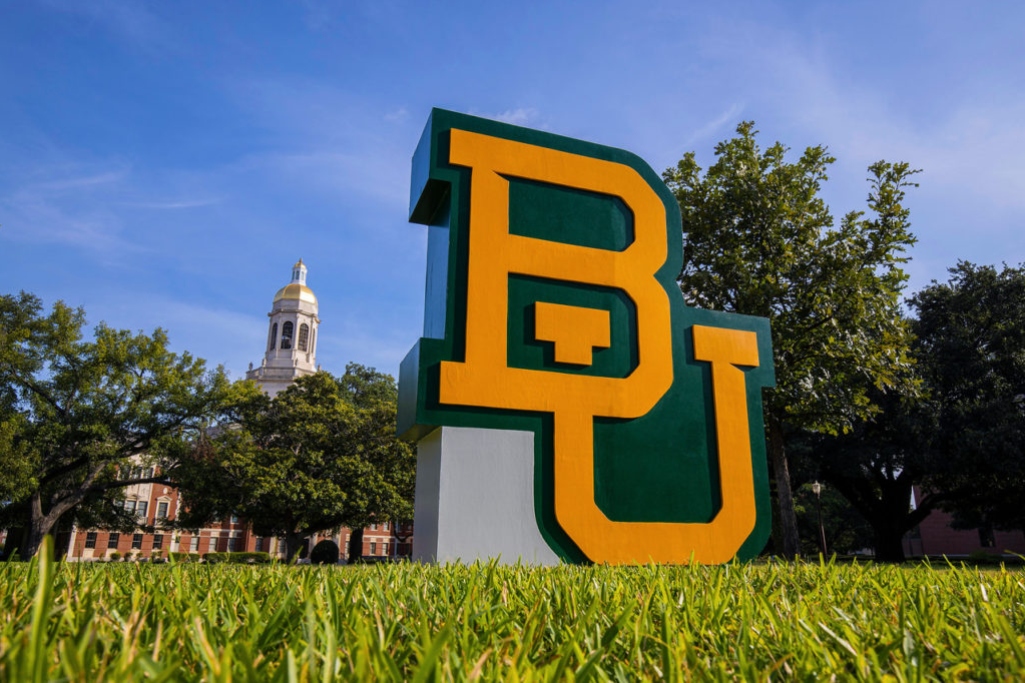Southwestern Seminary and Baylor University have filed suit against a charitable foundation which was set up solely to benefit the schools.
The schools allege some members of the board of the Harold E. Riley Foundation led a “secret coup” in an “attempt to seize control of the Foundation and its assets” – altering the foundation’s purpose, stripping the schools of their rights and status as beneficiaries and misappropriating assets worth millions.
The lawsuit, filed Sept. 8, stems from an alleged meeting in June 2018 at which the schools claim the foundation’s governing documents were improperly restructured. The lawsuit also states the Riley Foundation board is attempting to “seize control” of the board of directors of Citizens Inc., a publicly held insurance company whose stock forms the primary asset of the foundation.
The Riley Foundation recently filed suit to force Citizens to seat five directors, including former Southwestern President Paige Patterson and Riley Foundation trustees Augie Boto, Charles Hott and Mike Hughes. According to the schools’ lawsuit, positions on the Citizens board of directors are compensated annually in excess of $100,000.
Hughes, the foundation’s president, is a former Southwestern vice president under Patterson. Hott, a current member of Southwestern’s board of trustees, serves as chief investment officer for the Riley Foundation.
Boto is the former executive vice president of the SBC Executive Committee (EC). He served as interim president of the EC from 2018-2019.
Patterson was terminated as Southwestern president in May 2018 by the seminary’s board of trustees over allegations he had mishandled sexual abuse claims by students at Southwestern and another seminary where he had previously been president.
Current Southwestern President Adam W. Greenway, who succeeded Patterson, described the Riley Foundation board members involved in the alleged actions as “self-appointed rogue leadership” in a statement released by the school. But in interviews Wednesday with BP, Boto and Hott denied any wrongdoing. Boto called the claims “absurd.”
“The entire (foundation) board is committed to supporting the ongoing work of both (Southwestern and Baylor) for as long as possible, as well as possible,” Boto said. “That was what Harold Riley wanted. We’ll stay true to that assignment.”
Harold Riley, who died in 2017, was a major donor to both Southwestern, where his father had been a student, and Baylor, his alma mater. He set up the charitable foundation that bears his name in 2002. The foundation, headquartered on the campus at Southwestern, is funded with shares from Citizens Inc., a Texas-based insurance company Riley founded in 1969. Citizens, which is publicly traded on the New York Stock Exchange, is valued at more than $300 million.
Southwestern and Baylor were the Riley Foundation’s sole beneficiaries. The schools also were granted three members each on the foundation’s board – thus giving the schools’ combined representation of six a majority of the 11-member board.
Upon Riley’s death, assets including more than 1 million shares of Citizens were transferred to the foundation. According to the foundation’s most recent tax filings, payouts to the two schools in 2018 totaled $298,800.
The lawsuit alleges that the meeting at which the foundation’s governing documents were restructured was conducted illegally – without a quorum and without input from either school – meaning the changes were “not validly adopted and are void.”
According to the original bylaws, a quorum requires the presence of seven trustees, including at least four trustees from Southwestern and Baylor’s combined six. Baylor claims it had no representatives at the meeting.
Additionally, both schools claim they were not provided “prior and proper notice” of the meeting, which allegedly took place June 11, 2018, less than two weeks after Patterson was removed from the presidency of Southwestern on May 30, 2018. Among the changes made, according to the lawsuit, was the elimination of the schools’ right to appoint board members. The foundation’s tax status was also changed from a public charity to a private foundation.
“We believe these individuals are attempting to undermine and overturn Mr. Riley’s expressed directives and are in violation of their fiduciary duties,” Greenway said in a statement released by the school. “Such actions are clearly contrary to his stated purposes to benefit students like his own father and this institution in our mission to provide theological education for individuals engaging in Christian ministry. Uncorrected, it is seminary students and future generations of Gospel ministers who will be the ones most harmed.”
In a statement, Baylor President Linda Livingstone described the lawsuit as “necessary to return Mr. Riley’s gift to his original donative intent.”
“It is frankly disheartening to have discovered that Mr. Riley’s legacy and the educational funding for future generations of Christian leaders appear to have been misused for purposes other than those identified by Mr. Riley,” Livingstone said, adding: “Baylor has an ethical, moral and legal obligation to ensure that Mr. Riley’s wishes are carried out to their fullest intent. … We stand beside our colleagues at Southwestern Baptist Theological Seminary as Baylor seeks to remedy this unfortunate and ill-timed sequence of events.”
Attempts Wednesday to reach Hughes were unsuccessful. But Hott told BP “virtually every allegation in the complaint by Southwestern and Baylor are completely false, without merit.”
In a statement provided to BP through a spokesperson, Patterson denied wrongdoing, writing:
“To the many friends of the Pattersons, my wife and I have been loyal and answered questions where we could. We are not a part of any plan to usurp anyone’s power or authority, no matter what allegations may arise. To the contrary, we have actually sought to assist Southwestern in a helpful and Christlike way, without regard to their treatment of us. We rest our case with the Lord God.”
The schools allege that a March 2017 email exchange between Boto and Patterson, included in the lawsuit’s supporting documents, indicates the two had discussed Hott’s nomination as a Southwestern trustee “as part of a coordinated ‘plan.’”
“I don’t know anything about that,” Hott told BP.
Boto, who was on staff at the EC from 1998-2019, told BP he had never meddled in any nomination of a trustee.
“I would never do that,” he said. “I would never help someone get nominated. My role was not to act in that way.”
In the statement released by Southwestern, Greenway said both schools hope to resolve the situation without a trial.
“It is our further hope that we can settle this issue in the spirit of Christian charity by returning direction and control of the foundation to its beneficiaries and restoring the (board member) status of both Southwestern and Baylor,” Greenway said. “Absent such action, we are left with no other alternative than to pursue our legal remedies.”
Boto called the situation “unfortunate.”
“We’re in support of Baylor,” he said. “We’re in support of Southwestern. I’m sorry that for the moment they have come to this conclusion. Both sides of this story have yet to be told.”
(EDITOR’S NOTE – George Schroeder is associate vice president for convention news with the SBC Executive Committee.)


